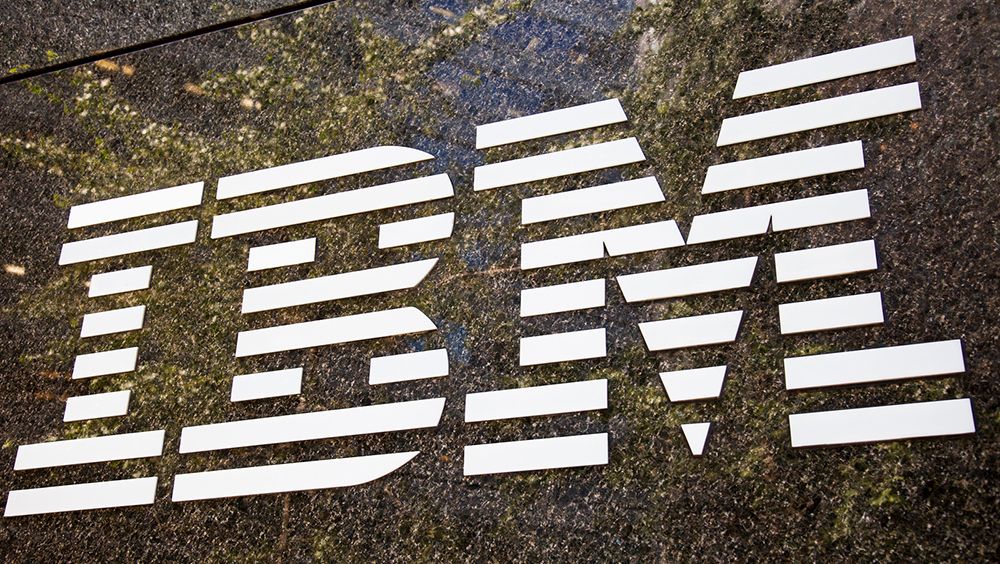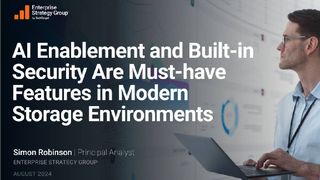AT&T and IBM co-develop AI, 5G, and hybrid cloud simulation centre
The joint offering will enable enterprises test out varied network, cloud, and edge computing technologies

AT&T and IBM have partnered to offer simulated environments for enterprises to test out AT&T's 5G network capabilities alongside IBM's artificial intelligence (AI) and hybrid cloud technologies.
The firms noted businesses across all industries, including the public sector, manufacturing, and financial services can leverage IBM-AT&T's strategic alliance to improve business outcomes and boost customer satisfaction.
Enterprises can also address critical challenges such as supply chain disruptions and cyber threats through the jointly offered simulation centre located at IBM Bethesda Lab. The environment is envisioned to serve as a testbed for varied technologies including secure cellular and cloud computing.
For instance, manufacturers can implement “safety zones” through video intelligence to identify product anomalies and improve inventory management.
Furthermore, IBM Yorktown, the headquarters for IBM Research, is now integrated with AT&T 5G to facilitate a co-branded customer showcase and 5G innovation centre, incorporating IBM and Red Hat industry solutions and offerings.
At AT&T's 5G Innovation Studio in Plano, TX, IBM and AT&T are working together to bring AI and machine learning (ML) to network insights to improve IT, OT, IoT, and 5G network visibility.
YouTube
Cloud Pro Newsletter
Stay up to date with the latest news and analysis from the world of cloud computing with our twice-weekly newsletter
https://www.youtube.com/watch?v=aKNmvtPZJbQ&t=9s
Open hybrid cloud computing in a low-latency, private cellular network edge environment is yet another joint offering by AT&T and IBM.
According to AT&T’s blog post, “using the network strength of AT&T and IBM Cloud Satellite, the two companies are helping enterprise clients get faster, improved data analysis by accessing data where it resides. As workloads shift to the edge, IBM Cloud Satellite will help clients deliver low latency, while still maintaining security, data privacy, interoperability and open standards found in hybrid cloud environments.”







